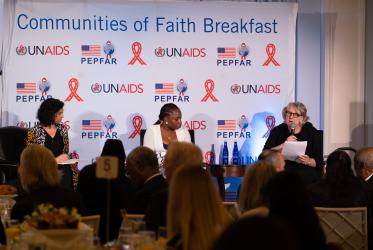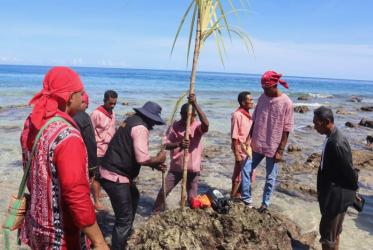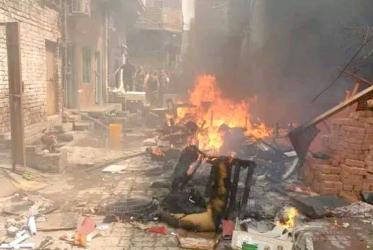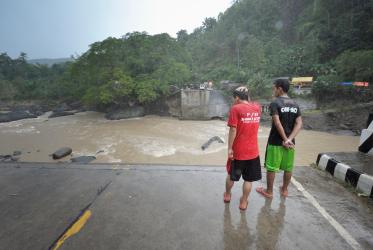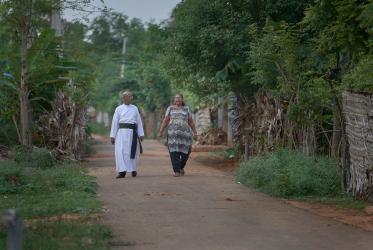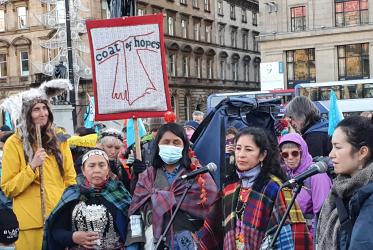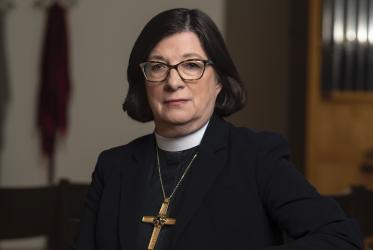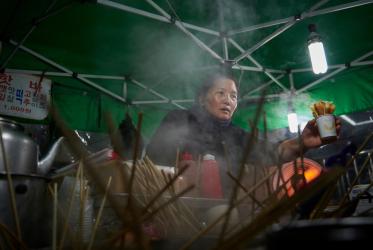Displaying 1 - 20 of 49
Ecumenism in the Philippines means hope and resilience
22 August 2023
Peacemakers at work in Sri Lanka
29 April 2019
WCC pilgrimage turns its eyes to Asia
04 March 2019
WCC offers condolences in wake of Indonesia tsunami
23 December 2018
#WCC70: At the end of an assembly
16 October 2018
